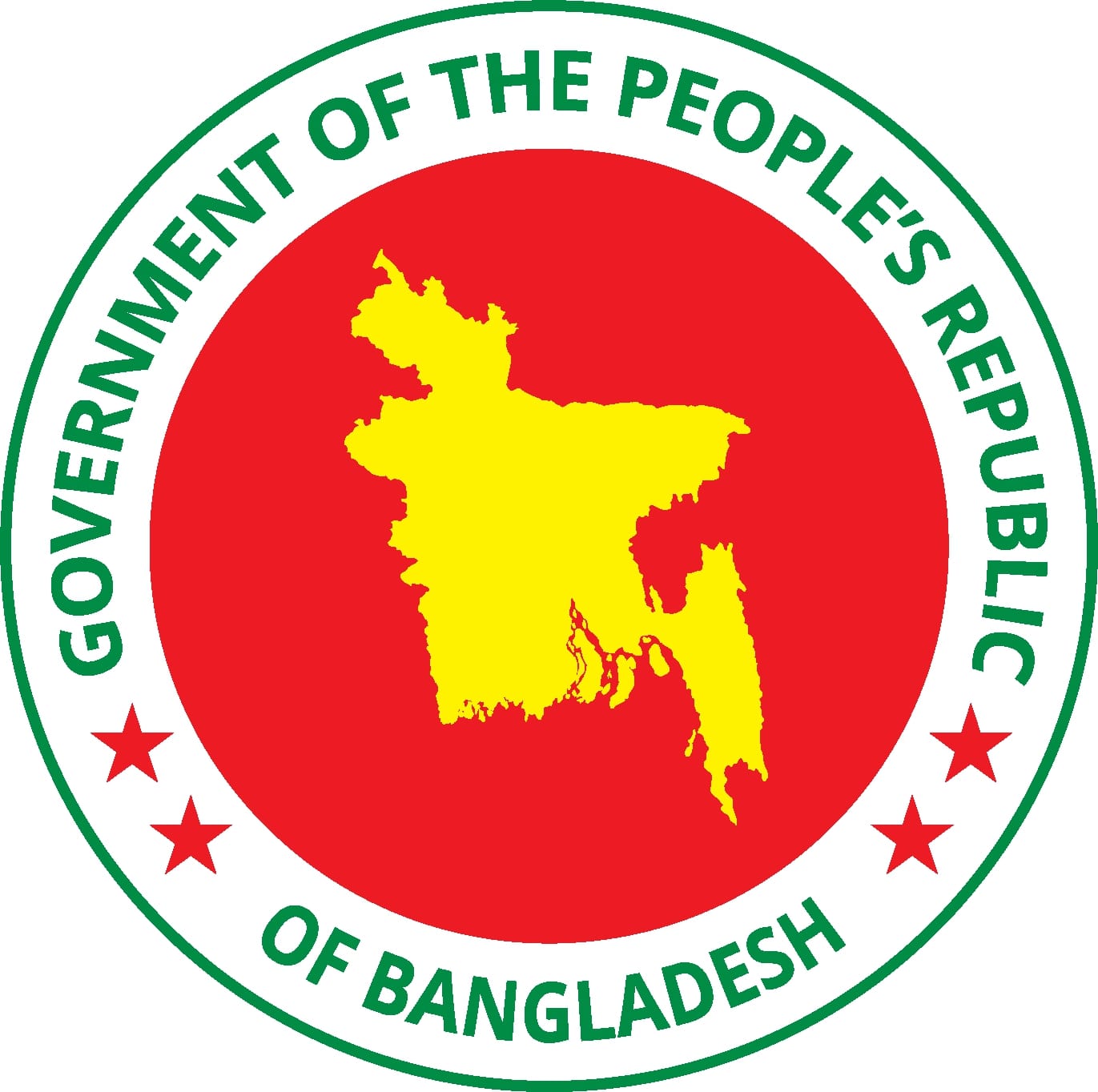The upcoming national budget for the fiscal year 2025–26 is expected to introduce a dearness allowance for government employees to cushion the impact of sustained inflation and rising living costs, according to senior finance ministry officials.
Under the proposed structure, officials in grades 10 to 20 will receive a 20% allowance, while those in grades 1 to 9 will be granted 15%. The allowance is set to take effect from 1 July 2025, aligning with the start of the new financial year.
A finance ministry official confirmed the rates were finalised during a high-level meeting on Tuesday. Finance Adviser Salehuddin Ahmed, a former governor of the Bangladesh Bank, also stated that the allowance is a key component of the forthcoming budget, with a dedicated committee having worked on it for several months.
The initiative comes amid ongoing double-digit inflation, which has eroded the real incomes of fixed-wage earners, particularly in the public sector. Rising costs of essentials such as food, transport, and housing have prompted widespread calls for relief from civil servants.
At present, government employees receive a 5% annual increment. In July 2023, ahead of the national election, the then Awami League government introduced an additional 5% special incentive, which will be discontinued once the dearness allowance takes effect.
From July 2025, employees will receive the standard increment alongside the new allowance. Finance ministry estimates suggest this will increase annual salary-related expenditure by around Tk7,000 crore.
The dearness allowance was first seriously considered following the fall of the Awami League government. In December 2024, a newly formed committee was tasked with exploring ways to relieve financial pressure on government staff.
The initial proposal recommended a 20% allowance for grades 10–20 and 10%–15% for grades 1–9. Although the Secretary of Public Administration suggested implementing it from January 2025, fiscal constraints delayed its rollout.
Economists and policy experts have raised concerns about the affordability of the measure, given the broader strain on public finances and continued inflation. At the time, Finance Adviser Ahmed noted that the proposal was still under review, pending a comprehensive budget assessment.
In the current financial year, Tk82,990 crore was allocated for salaries and allowances, comprising 10.41% of total national expenditure.
Salary allocations typically increase by 6%–8% annually, and the upcoming year’s figure is projected at Tk89,500 crore. With the dearness allowance included, this could rise to nearly Tk96,000 crore.
The interim administration has also acted to address longstanding discontent within the civil service. Many officials alleged discriminatory promotion practices under the previous government. In response, several overdue promotions have been processed, and Tk75 crore allocated as compensation to 764 retired officials reportedly denied promotions during the Awami League’s rule.
The proposed dearness allowance is viewed as both an economic relief measure and a political signal—intended to restore morale, promote fairness, and demonstrate the new administration’s commitment to addressing inflation in a focused and responsible manner.
Further details on the initiative are expected during the Finance Minister’s budget presentation in early June.
Up to 20% dearness allowance for govt employees likely from July

Highlights
- Officials in grades 10 to 20 will receive a 20% allowance, while those in grades 1 to 9 will be granted 15%
Leave a comment

